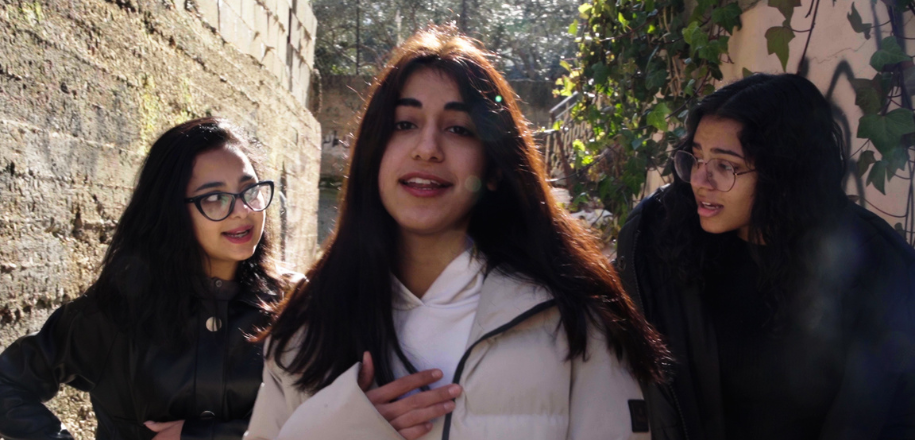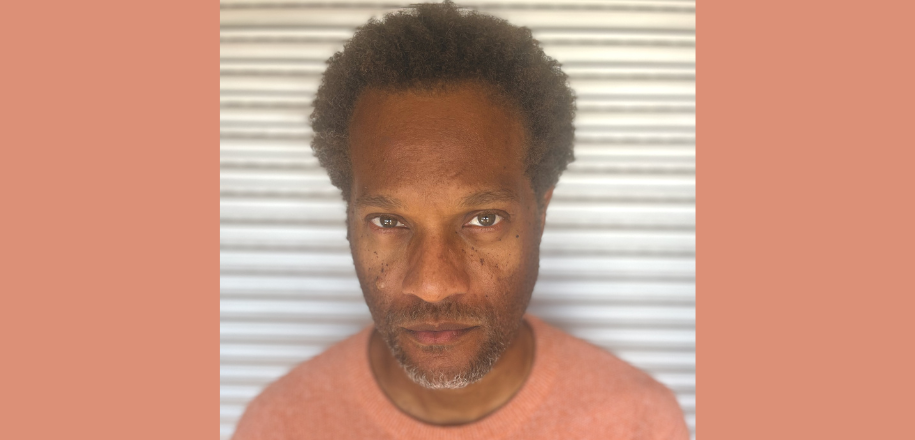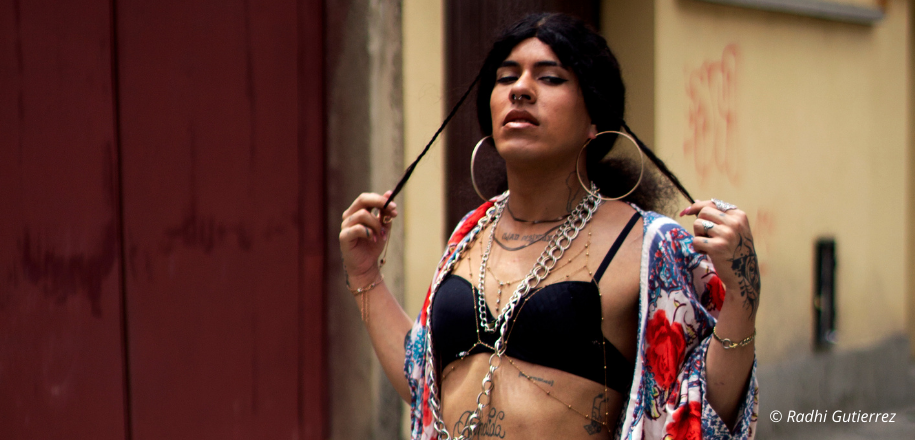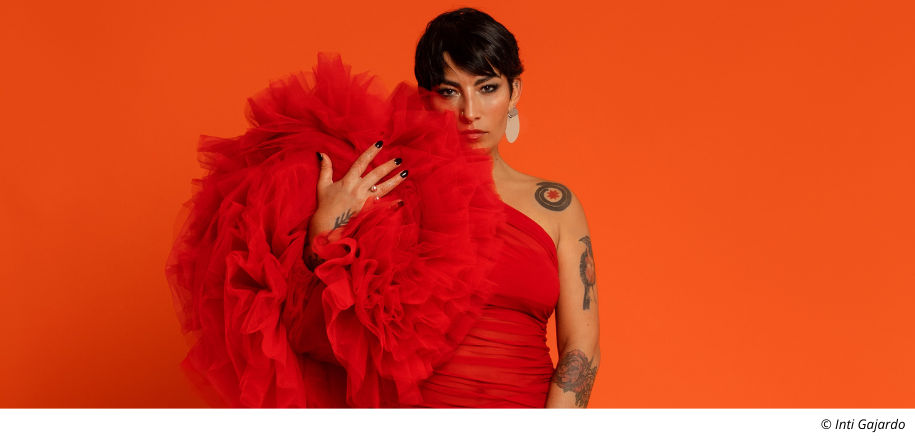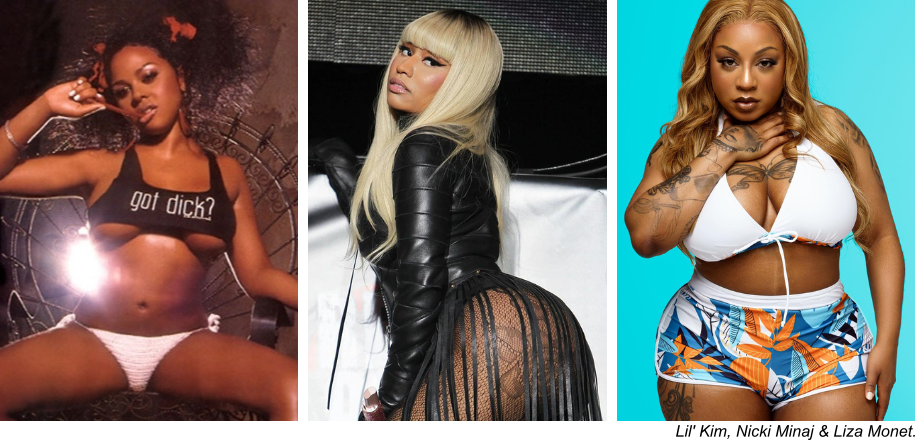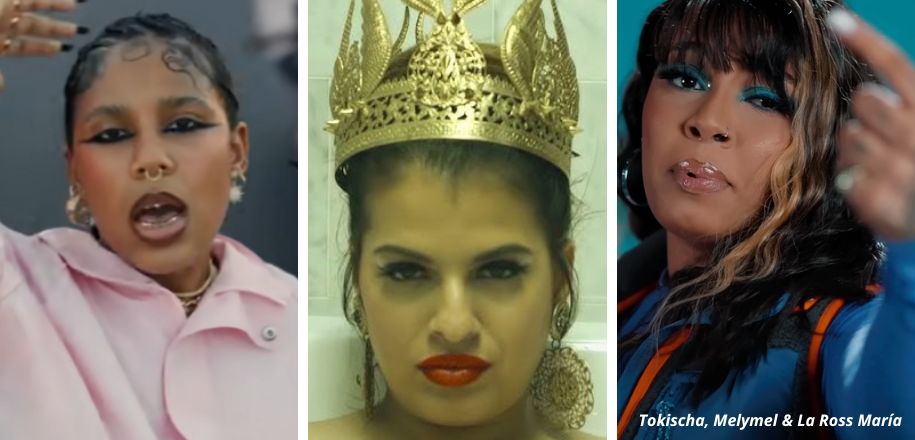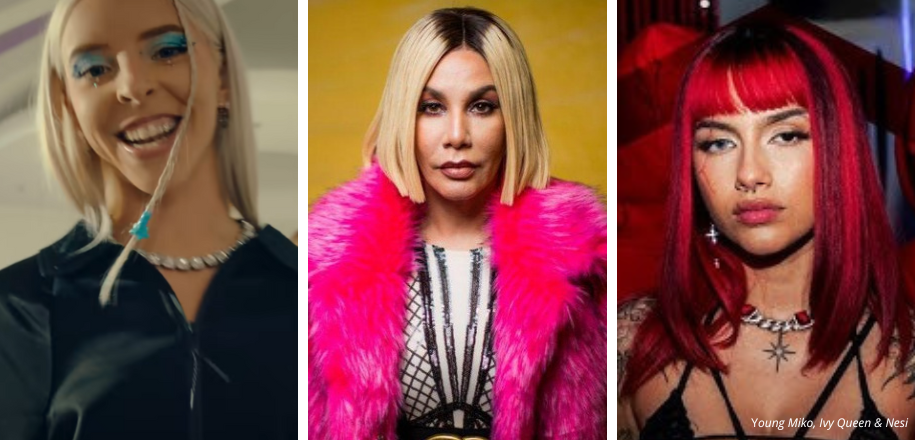Ettijah is the first female Palestinian rap band based in a refugee camp. Founded in 2013, the trio composed of Dalya Ramadan, 18, Nadeen Odeh, 17, and Diala Shaheen, 16, lives in Dheisheh, a camp located just south of Bethlehem and administrated by the United Nations Relief and Work Agency for Palestine Refugees (UNRWA). The three rappers told us about their experience in hip hop and their daily struggles.
How and when did you discover hip hop and what made you want to become rappers?
We followed a training with Musicians Without Borders in 2011 and 2012. In 2013, we joined a nine-girl hip hop at Shoruq, (an NGO founded in 2012 in Dheisheh Refugee Camp, ed.)
Our first trainer, Mohammed Azmi, is the one who taught us how to rap and develop our skills. Then, we decided to start our own rap band called Shoruq Rap Girls. And then, three years ago, we chose the name Ettijah.
How was Ettijah founded?
The band was founded at Shoruq during a summer camp in 2013. We were part of this training program and chose to continue using the facilities and recording studios at Shoruq. We got support from different people, which helped us continue our project. Our current trainer is Nadim Alayaseh.
Which artists did you listen to while growing up?
Nadeen Odeh: Shadia Mansour, DMAR and Future.
Diala Shaheen: Eminem and Big Sam.
What messages do you wish to convey with your music?
Nadeen Odeh: We rap about the daily challenges we have to face: the occupation, the night invasions, check points, women’s rights, traditions and restrictions that women have to face.
Diala Shaheen: Human rights from different perspectives, freedom and how people judge others without knowing them.
Is there an active female rap scene in Palestine? If so, are you in touch with other female rappers?
Yes, there are Shadia Mansour, girls from DMAR and Safaa Hathot, but now Ettijah is the only active female rap band. We are the only female rappers from a refugee camp in Palestine and the only ones who started when we were young.
We met DMAR this year and Shadia Mansour several times at Shoruq organization two or three years ago.
Do you consider yourselves feminists? If so, how would you describe your feminism?
Nadeen Odeh: I don’t think I’m a feminist but I rap about women’s rights and defend other women as well.
Diala Shaheen: No.
Who are your female role models and why?
Nadeen Odeh: Any woman who resists and tries to defend her rights.
Diala Shaheen: Why should I have role models? I myself am a role model.
What are your upcoming projects?
We are currently working on three new songs. One of them is called Ettijah and tells the story of us rapping for seven years. Another one is a music video that we’ll be working on in January. We are also trying to organize a tour in the US for the next summer.
What do you think of Madame Rap? What should be changed or improved?
Nadeen Odeh: It’s amazing because it helps us know other women in rap and gives us the opportunity to tell people about our story and to be strong with other women in the world. It helps us continue our journey as young female rappers. However, I would be happier if I didn’t see the name of the occupation on your list.
Diala Shaheen: I like it and encourage you to publish more songs on the platform and tell us about upcoming concerts and performances and also do more cooperations with other rappers.

